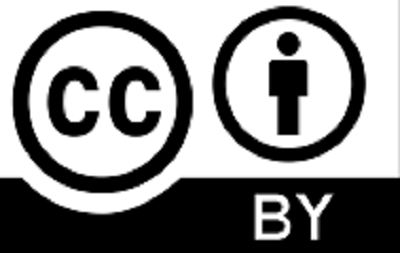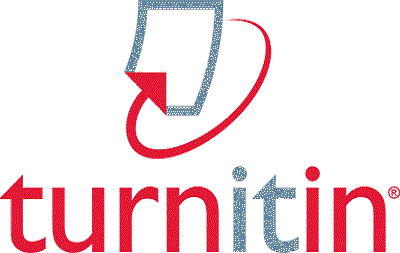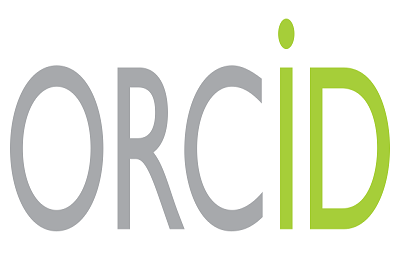The effect of exercises using a buoyancy board to improve arm movement and the digital level of 50 m freestyle swimming for juniors
Main Article Content
Abstract
The aim of the research is to: The effect of exercises specifically with a buoyancy board to develop 50-meter freestyle swimming.
And to learn about the effect of the buoyancy board to develop the skillful performance of arm movement and the completion of 50 m freestyle swimming for juniors, the researchers chose (12) junior swimmers in a random manner, and they were divided into two groups, the first experimental (6) swimmers as an experimental group, and the second (6) swimmers as a control group. The researchers concluded that training using a floating board is an appropriate training method for increasing water resistance that develops muscular ability and thus increases the length of the arm stroke in 50-meter freestyle swimming events. The researchers recommended that great importance should be given to training the arms when developing training programs because of their direct impact. In raising the level of achievement in the 50m freestyle swimming
Article Details

This work is licensed under a Creative Commons Attribution-NonCommercial 4.0 International License.
References
Al-Bagouri, & Hemat, M. A. F. O. (2022). The effect of an educational program using the multi-level self-application method on the level of skill performance in breaststroke swimming for female students at the College of Physical Education. Journal of Sports Sciences, 35(13), 211–231. https:// 10.21608/SSJ.2022.283164
Aldewan, L. H. (2016). Fundamentals of curriculum design in physical education (pp. 1–260). Dar and scribes of insights. https://www.researchgate.net/publication/365704505
Kadhim, M. A. , Aldewan, L. H., & Azzal, Y. H. (2020). The effect of teaching according to the Realistic Learning Model in teaching the technical performance of freestyle swimming for first grade student. Journal of Studies and Researches of Sport Education, 62, 330–343. https://www.iasj.net/iasj/article/205196
Kadhim, M. A., Aldewan, L. H., & Azzal, Y. H. (2021). The effectiveness of the formative learning model in raising the level of cognitive achievement of swimming subject for first-stage students. Journal of Studies and Researches of Sport Education, 69, 11–22. https://www.iasj.net/iasj/article/213027
Maglischo, E. W. (2003). Swimming faster (p. 307). Mayfield publishing Co., Led., California State University.
Mahmoud, A.-M. (1976). Principles of Statistics and Statistical Methods (3rd edition, p. 107).
Miqdad, A.-S. J., & Hassan, A.-S. J. (2006). Modern Olympic Swimming (p. 32). Al-Zaki Press.
Osama, K. R., & Ali, M. Z. (1998). Scientific Foundations of Swimming (1st edition, pp. 283–288). Dar Al-Fikr Al-Arabi.





 IASJ
IASJ CC-BY-4.0
CC-BY-4.0 turnitin
turnitin ISSN
ISSN DOAJ
DOAJ Crossref
Crossref GoogleScholar
GoogleScholar Orcid
Orcid